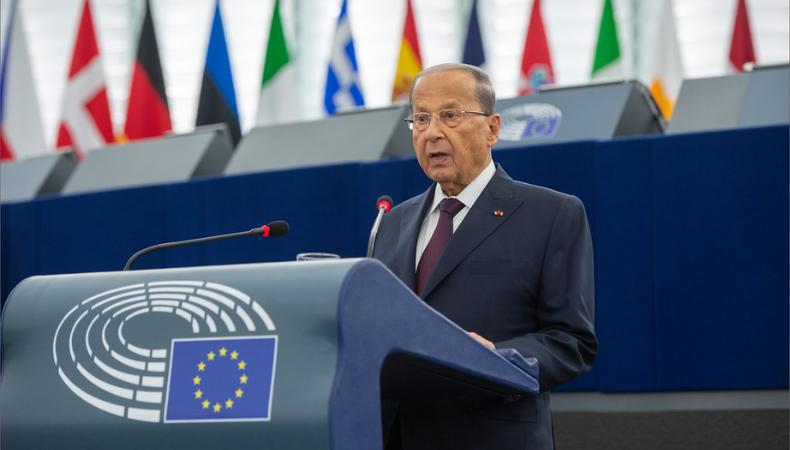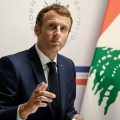The Challenges and Opportunities for an Independent Lebanese President

The complicated and firmly rooted sectarian political system of Lebanon has long called into the feasibility of an independent presidential candidate. Reflecting the great political deadlock, the President, normally occupied by a Maronite Christian, has remained empty since October 2022. Rigid sectarian divisions and the strong influence of both regional and foreign players define the political scene of the nation, so any candidate finds it quite challenging to go beyond factional allegiances.
An original parliamentary scenario
Though general mistrust exists, independent candidate Ziad Hayek has a special potential in the present parliamentary composition. Speaking on the Arab News show “Frankly Speaking,” Hayek underlined the extraordinary balance of power in Lebanon’s parliament. Almost equally split are the two main blocs: one pro-Hezbollah and in line with eastern interests, and the other pro-Western, which has created an impasse barring either side from selecting their chosen presidential candidate.
Prospect for an Independent Leader
Hayek said that this political gridlock creates a rare chance for an independent candidate. Neither camp has been able to choose a president unilaterally, which would open the path for a candidate connected neither side. Hayek contends that this special circumstances could enable a president able to fairly represent the several interests of the Lebanese people without depending on any one group.
The Need of Consensus
Hayek emphasizes the need of selecting a consensus candidate able to be embraced by both main groups. He thinks that only a leader regarded as neutral and able to unite Lebanon will help to solve its political stalemate. This is not only about filling the presidential void but also about selecting a leader capable of handling Lebanon’s several issues, including social discontent, economic collapse, and infrastructure degradation.
The Separate Road
Under pressure from “Frankly Speaking” anchor Katie Jensen on his capacity to retain autonomy, particularly with relation to Hezbollah, Hayek underlined his will to run for all Lebanese. He underlined that Lebanon can only be liberated from its turbulent political past with the support of a really autonomous president. His approach is based on encouraging compromise, open communication, and being a suitable option for every faction.
Healing the Difference
Hayek sees Lebanon as a place where the president serves as a neutral arbiter, therefore promoting harmony among all political groupings by means of understanding and cooperation. Real development, he thinks, can only be attained by attending to issues raised by all groups, including Hezbollah. Hayek wants to get Lebanon beyond its present deadlock by encouraging a culture of inclusiveness and communication.
Keep On Reading
Rising Above Difficulties
For a candidate like Hayek who is independent, the road to the presidency is difficult. Deeply ingrained are sectorional interests, therefore persuading different factions to back an independent leader will need for great political acumen and tact. Further complicating Lebanon’s political landscape is the impact of foreign nations including Iran, Saudi Arabia, and Western countries.
A Slice of Hope
Hayek’s candidacy marks a possible change towards a more pragmatic and inclusive political culture in Lebanon, albeit the great challenges. Should it be effective, his president may establish a standard for next political procedures, so promoting a shift from ingrained factionalism toward a more cooperative and representative government model.
Hayek’s emphasis on comprehending and addressing the issues of all political groups emphasizes the need of a new kind of leadership in Lebanon—one that gives the general good top priority over sectarian and party allegiance. The rise of an independent, consensus-building leader could be essential to Lebanon’s future being brighter even as it negotiates its many difficulties.






